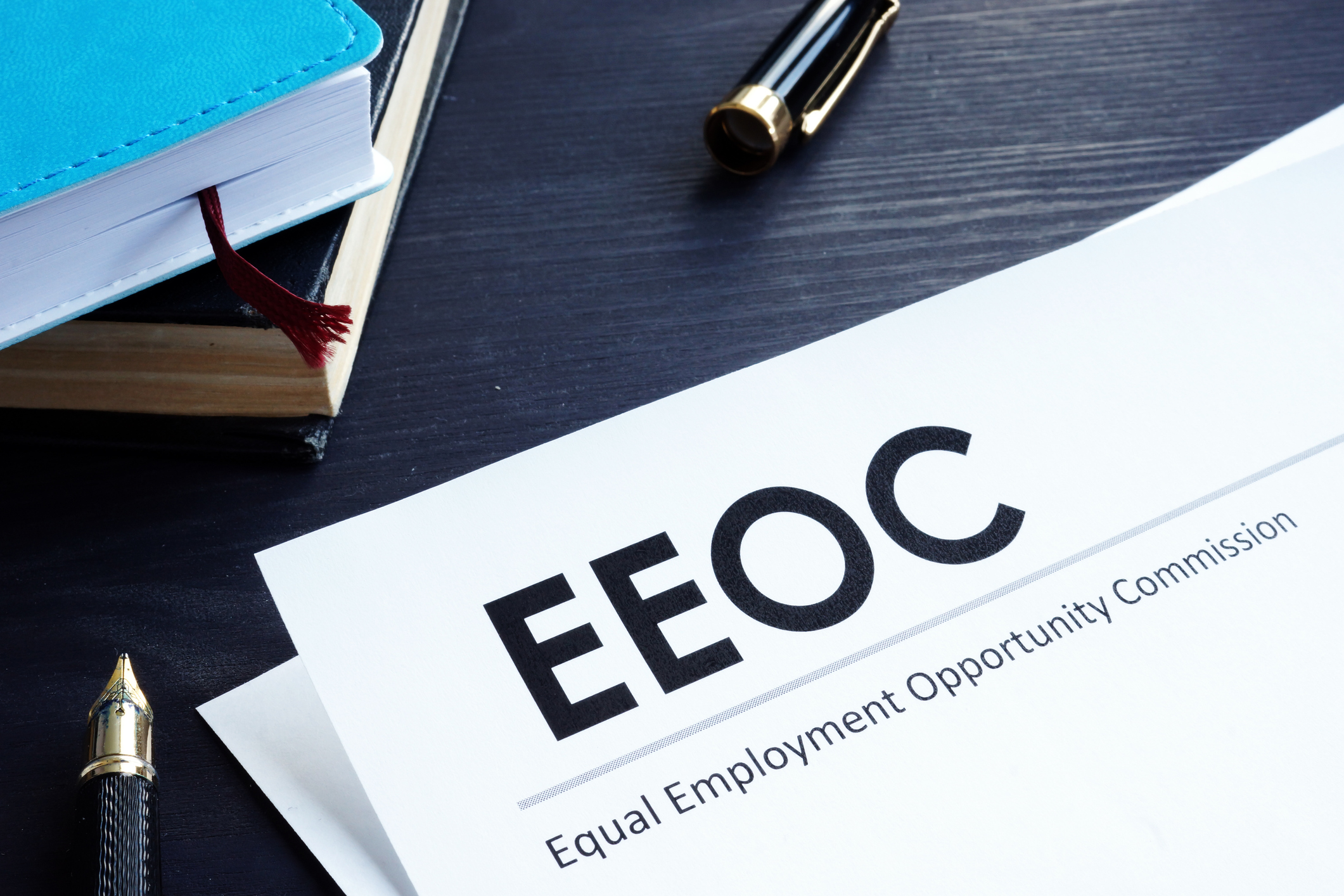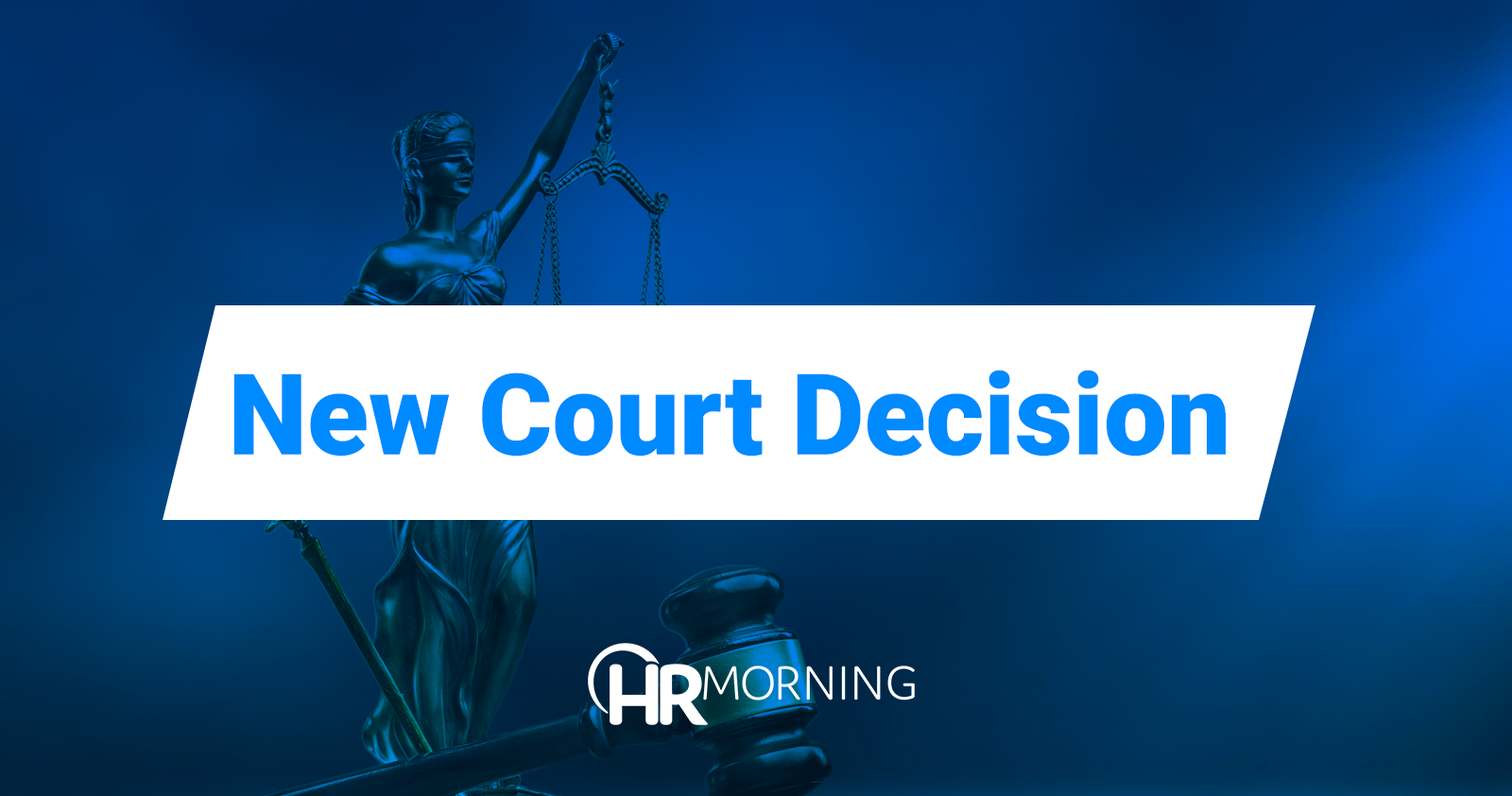Restaurant Forks Over $600K to End Sexual Harassment Lawsuit
Four female employees in Washington state said they endured ongoing sexual harassment at work – but management didn’t do anything to stop it. That’s when the Equal Opportunity Employment Commission (EEOC) stepped in – and the company learned an expensive lesson. This case involves the four women and Red Robin, a casual dining chain that…







